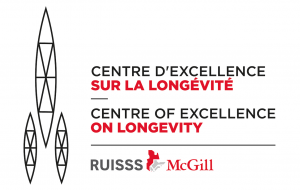Motoric cognitive risk syndrome and risk of falls, their recurrence and post-fall fractures: results from a prospective observational population-based cohort study
Background
Motoric Cognitive Risk syndrome (MCR) is a predementia phase which is associated with increased risk of falls. There are conflicting results regarding its association with recurring falls and no information about its association with post-fall fractures.
Objective
- To examine the association of MCR and its components (i.e., slow walking speed and subjective cognitive complaint [SCC]) with the occurrence of falls, their recurrence and post-fall fractures in community-dwelling elders
Methods
The design is an observational prospective and longitudinal cohort study.
Participant data (n=5,958) from the EPIDémiologie de l’OStéoporose (EPIDOS) study was used for the analysis. MCR was defined as both the presence of SCC and slow walking speed in women free of major neurocognitive disorders. Falls (≥1), recurrent falls (≥2) and post-fall fractures (any fractures and hip fractures) were prospectively recorded using mail and/or phone call questionnaires every 4 months over 4 years.
Results
There is an increased risk of fall, recurrent fall and post-fall hip fractures associated with MCR but not with its individual components.
Partners
Jewish General Hospital, Montreal
Faculty of Medicine, McGill University
McMaster University, Hamilton (ON)



